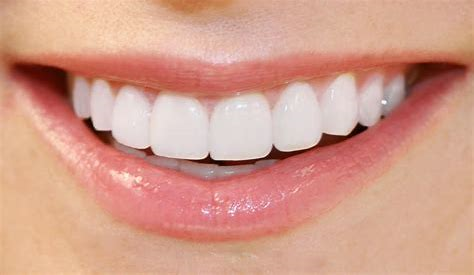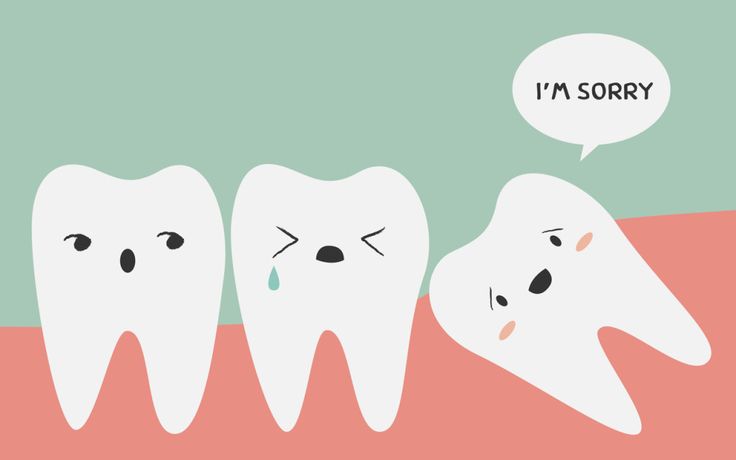To Whiten or Not To Whiten?
September 28th, 2018
Just look around and you’ll see that stained teeth are everywhere. Several factors of our modern lifestyles actively work against our ability to maintain white teeth.
Here are a few of the common daily habits that can stain teeth:
Drinking coffee, tea, or other dark liquids that can leave stains
Smoking cigarettes or using other tobacco products that contain tar
Not brushing your teeth often enough, or not brushing thoroughly enough when you do
Tooth trauma or injury
Staining can also occur from dental fluorosis, as well as from taking tetracycline antibiotics at a young age.
Regardless of why your teeth are stained, at some point you will likely wonder whether to look into teeth whitening treatment in order to brighten up your smile. Keep in mind, as long as the teeth are free of cavities and your gums are healthy, there is little medical harm in stained teeth.
So, the decision really rests on your personal preference and the how you feel about your smile. We can’t make this decision for you, but we can assure you that professional teeth whitening methods are safe should you choose to do it.
Evaluating Treatment Options
Once you’ve decided to move forward with teeth whitening treatment, the next step is to decide whether to visit the dentist’s office or try an at-home solution. The main difference between these options is the amount of bleaching agent used.
As you might imagine, professionally trained dentists are able to use higher concentrations of peroxide for whitening treatments versus what is available for at-home use. However, with the higher dose comes the expertise of a trained professional so you can rest easy knowing that the treatment is being administered properly.
If you decide to go the at-home whitening route, there are several different products on the market to choose from. Each has its own requirements for how often you should apply whitener and how long it should stay on your teeth.
No matter which product you choose, make sure that you follow the directions on the package very carefully. This will ensure that you are staying safe while getting the most out of the at-home whitening product.
Other Considerations
While the American Dental Association considers teething whitening safe, it is generally not recommended for pregnant women or nursing mothers. Consult your doctor and ask for safe alternatives.
Teeth whiteners, either at home or when professionally applied, can increase the sensitivity to hot and cold temperatures. This can usually be managed by using toothpaste for sensitive teeth or with over-the-counter pain relievers. If you already have sensitive teeth, ask your dentist about alternative whitening options.
If you are uncertain about whether something in your dental or medical history would be affected by teeth whitening, the best thing to do is ask your dentist. No question is too silly or trivial; any good dentist or hygienist should answer all of your questions thoroughly and professionally.




